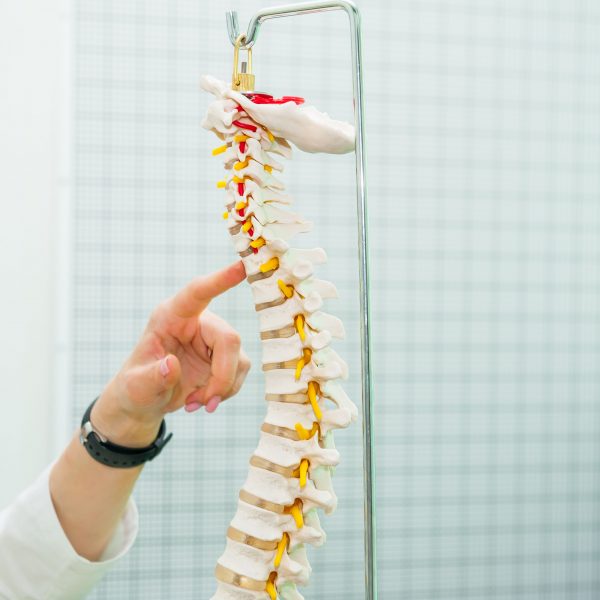Exercise is essential for adults of all ages to maintain physical and mental health. It can help reduce chronic pain, prevent disease, improve sleep quality, and increase energy levels. Even short bouts of physical activity can make a difference in reducing the risk of hypertension, diabetes, stroke, heart attack, some cancers, arthritis, depression, and anxiety.
However, exercise might feel more difficult for some adults. If you feel like your workouts are getting more demanding, don’t worry. You’re not alone. Many people have experience fatigue, increased difficulty in their workouts, and a decrease in motivation. Here are a few reasons why exercise might be getting harder for you:
Lack of sleep
Finding the energy and motivation to exercise can be challenging if you’re not getting enough sleep. Ensure you get at least seven to eight hours of sleep every night to ensure your body is well-rested and ready for a workout.
If you’re having trouble sleeping, try to avoid screen time before bed, cut back on caffeine after 2 pm, and maintain a regular sleep schedule. Also, ensure that your bedroom is dark, cool, and quiet so you can get the best possible rest.
Poor nutrition
Eating the wrong foods can affect your energy levels and make it harder for you to exercise. Be sure to eat plenty of fruits, vegetables, lean proteins, healthy fats, and complex carbohydrates to fuel your body for an intense workout. Also, ensure you drink enough water throughout the day to stay hydrated during exercise.
You can also consider consulting with a professional nutritionist or dietician to ensure you’re eating the right foods for your body and exercise routine. They can recommend the best foods to eat before, during, and after a workout.
Too much stress
Stress can affect your physical and mental health, making it hard to focus on exercising or even find the motivation to do so. Take some time daily to practice mindfulness techniques such as meditation or deep breathing exercises to reduce stress levels and increase productivity during your workout sessions.
You should also take some time to care for yourself and practice self-care by doing things that make you happy, such as spending time with friends or family or relaxing.
Low testosterone levels
Low testosterone levels can lead to decreased strength and muscle mass, making exercise difficult for men, especially when trying to lift heavy weights or complete high-intensity exercises such as running or cycling long distances.
If this applies to you, consider taking natural testosterone boosters (like those found in supplements) or speak with your doctor about other potential options, such as hormone therapy treatments that may help improve your overall performance while exercising.
Poor warm up/cool down routines
Not properly warming up before a workout session or cooling down after one can lead to soreness, fatigue, and increased difficulty during future workouts due to muscle tightness or lack of mobility caused by not stretching correctly before/after each session, respectively.
Make sure you’re incorporating dynamic stretches into your warmup routine (i.e lunges/squats with arm circles) and static stretches into your cool-down routine (i..e calf stretch/ hamstring stretch). This will help keep muscles from becoming too tight, preventing any potential injuries from occurring while also helping increase flexibility over time.
Other health conditions

Other health conditions such as joint pain, chronic fatigue syndrome, or scoliosis can make exercising difficult if you’re not taking the right approach. Make sure you consider your condition and specific needs when choosing your exercise program. This will ensure that you are safe while also getting the full benefits of exercising regularly.
For example, if you have scoliosis, you should consider looking up scoliosis exercise treatments for adults. This can include a variety of exercise routines that restore muscle balance, reduce pain, and improve the overall quality of your life. By focusing on exercises that strengthen your core, improve flexibility, and increase your range of motion, you can help manage scoliosis symptoms while improving other aspects of your health and well-being.
Of course, different health conditions have different solutions when it comes to exercise. So it is essential to take the time to talk with your doctor or a health professional to find the right exercise program for you.
Hopefully, this article has given you a better understanding of why exercise might feel harder than it used to. Once again, know that your increasingly difficult exercise routine might be caused by a lack of sleep, poor nutrition, too much stress, low testosterone levels, poor warmup or cool-down routines, and other health conditions. By considering these factors and focusing on implementing the right exercise plan for your individual needs, you can help reduce any potential challenges or discomfort while also increasing your overall performance and enjoyment of exercise.






